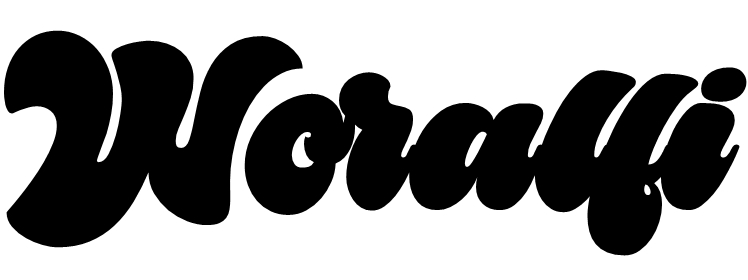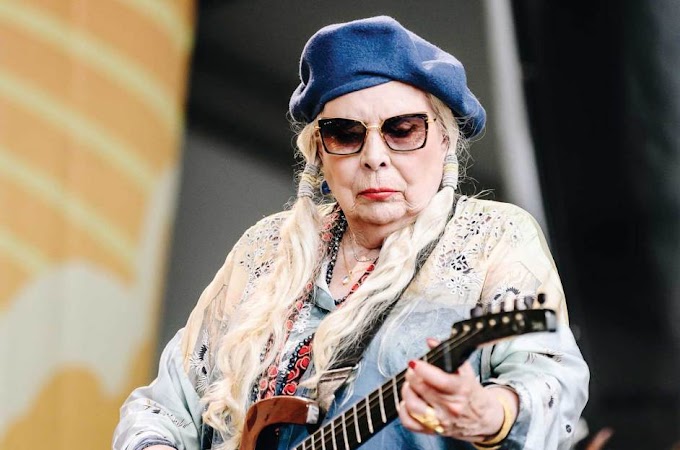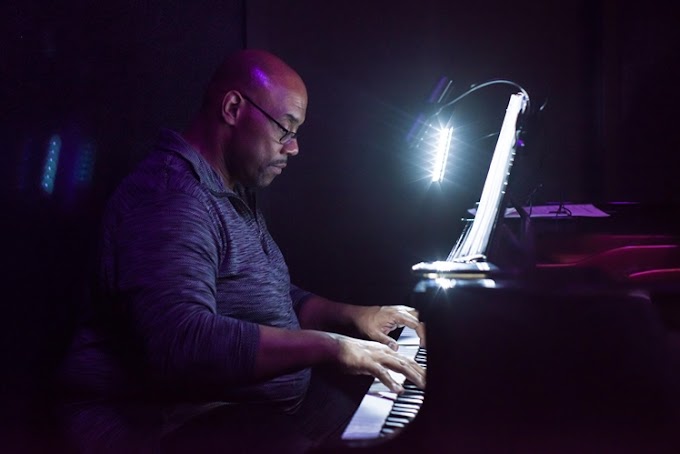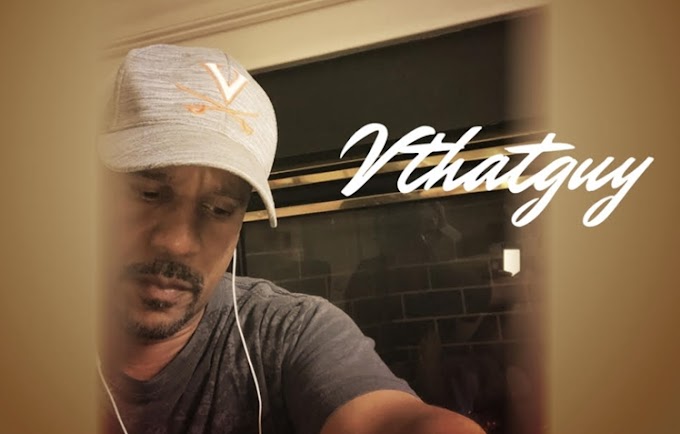In a recent development that caught the attention of music enthusiasts worldwide, iconic singer-songwriter Joni Mitchell quietly reinstated her music catalogue on Spotify, marking her return to the platform after a hiatus of two years. This decision, coming on the heels of Neil Young's similar move, has sparked discussions about the intersection of artistic expression, ethical engagement, and the evolving landscape of digital media.
Fans, ever attuned to the subtle shifts in their favorite artists' digital presence, took note of Mitchell's music reappearing on Spotify, a platform that had been devoid of her melodies since January 2022. At that time, Mitchell, in solidarity with Neil Young, publicly announced her withdrawal from Spotify due to concerns over the dissemination of misinformation, particularly regarding COVID-19, on the platform. In a statement posted on her website, she voiced her commitment to standing alongside Young and supporting the scientific and medical communities in combating falsehoods that, as she aptly pointed out, could have life-altering consequences.
Young's initial departure from Spotify was catalyzed by his objection to the propagation of misinformation on Joe Rogan's podcast, "The Joe Rogan Experience," which was hosted on the streaming service. Rogan's discussions, particularly regarding COVID-19 and vaccines, sparked a broader debate about the responsibilities of digital platforms in curating content and ensuring the dissemination of accurate information. Young's call for action was a testament to the influence artists wield beyond their creative output; it underscored their role as conscientious citizens engaging with critical societal issues.
However, as with any complex narrative, the story took unexpected turns. Young's recent clarification regarding his return to Spotify shed light on the nuanced dynamics at play. Contrary to assumptions of a complete reversal, Young elucidated that his decision was influenced by the broader distribution of Rogan's podcast across multiple platforms, including industry giants like Apple and Amazon. This revelation prompts us to reconsider the nature of artistic boycotts and the complexities artists face in navigating ethical dilemmas within an interconnected digital ecosystem.
Young's acknowledgment of the limitations in his ability to effect change solely through withdrawing his music speaks volumes about the intricate web of relationships between artists, streaming platforms, and audiences. His rationale underscores a poignant reality: the dilemma of balancing artistic principles with practical considerations. In an age where digital streaming services hold immense power in shaping cultural narratives, artists are confronted with multifaceted decisions that transcend mere expressions of personal beliefs.
Against this backdrop, Joni Mitchell's return to Spotify serves as a reminder of the fluidity of convictions and the evolving nature of engagement in the digital age. While her silence on the matter leaves room for speculation, her decision invites introspection on the dynamics of artistic agency and the potential for dialogue and change within digital spaces.
As we contemplate the implications of Mitchell's return and Young's nuanced stance, we are reminded of the enduring power of art to provoke thought, inspire action, and reflect the complexities of the human experience. In the ever-shifting landscape of digital media, where ethical considerations intersect with artistic expression, the journey towards informed engagement continues—a journey where artists, platforms, and audiences each play a vital role in shaping the narratives that define our collective consciousness.
In the spirit of dialogue and reflection, may Mitchell's return to Spotify prompt deeper conversations about the responsibilities and opportunities inherent in our digital interactions, and may it inspire a renewed commitment to the pursuit of truth, integrity, and empathy in all our endeavors.













0 Comments